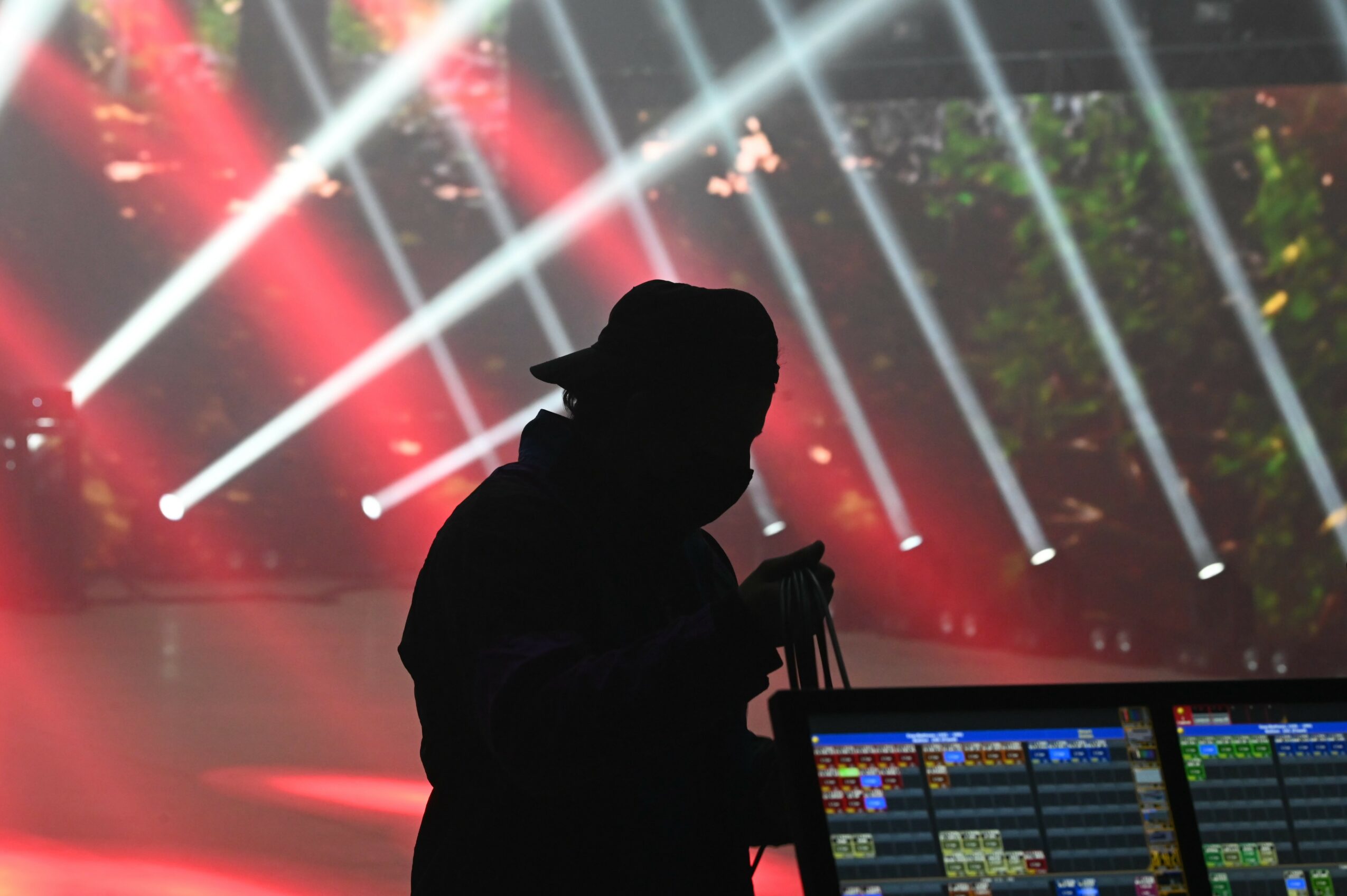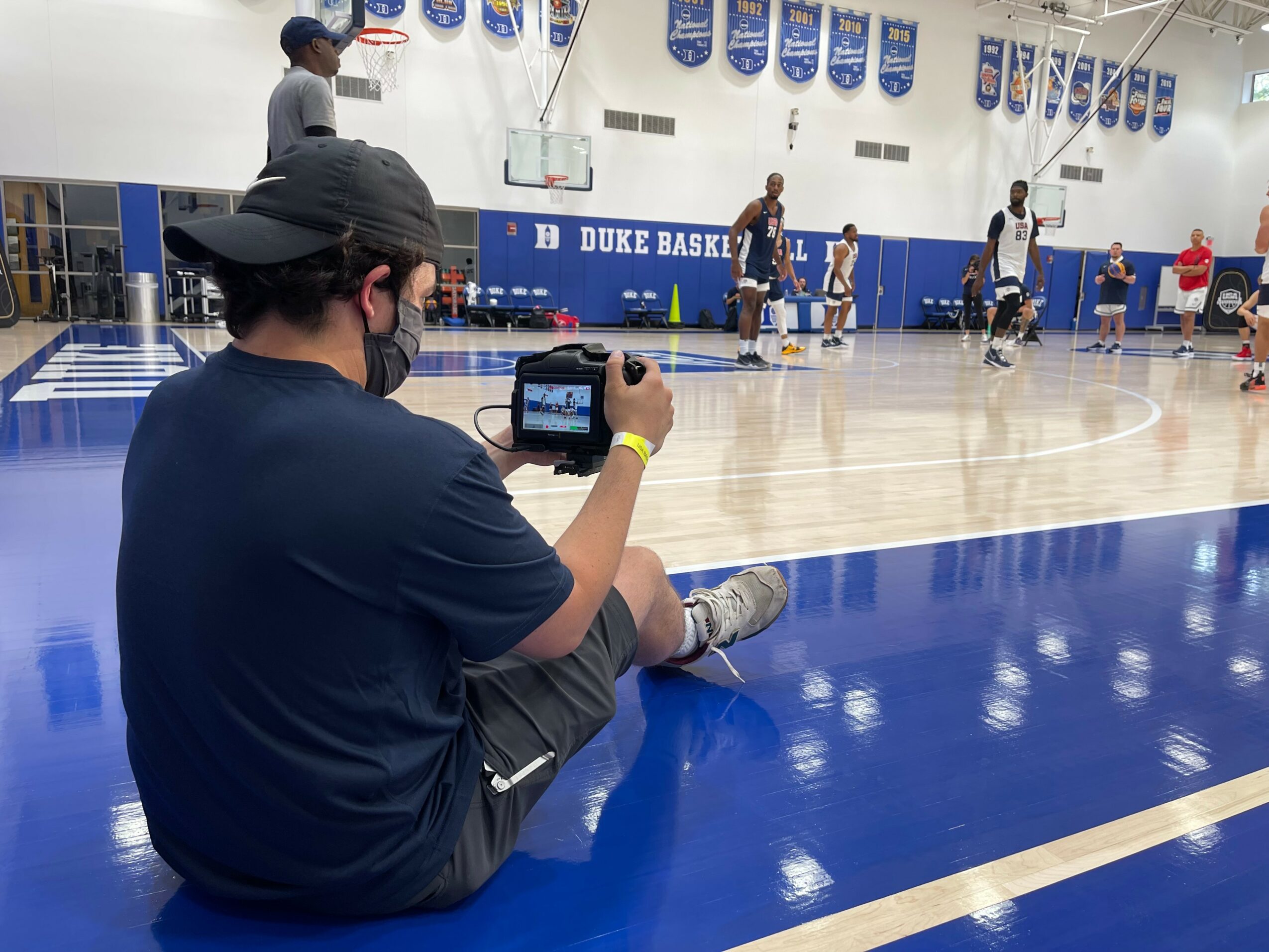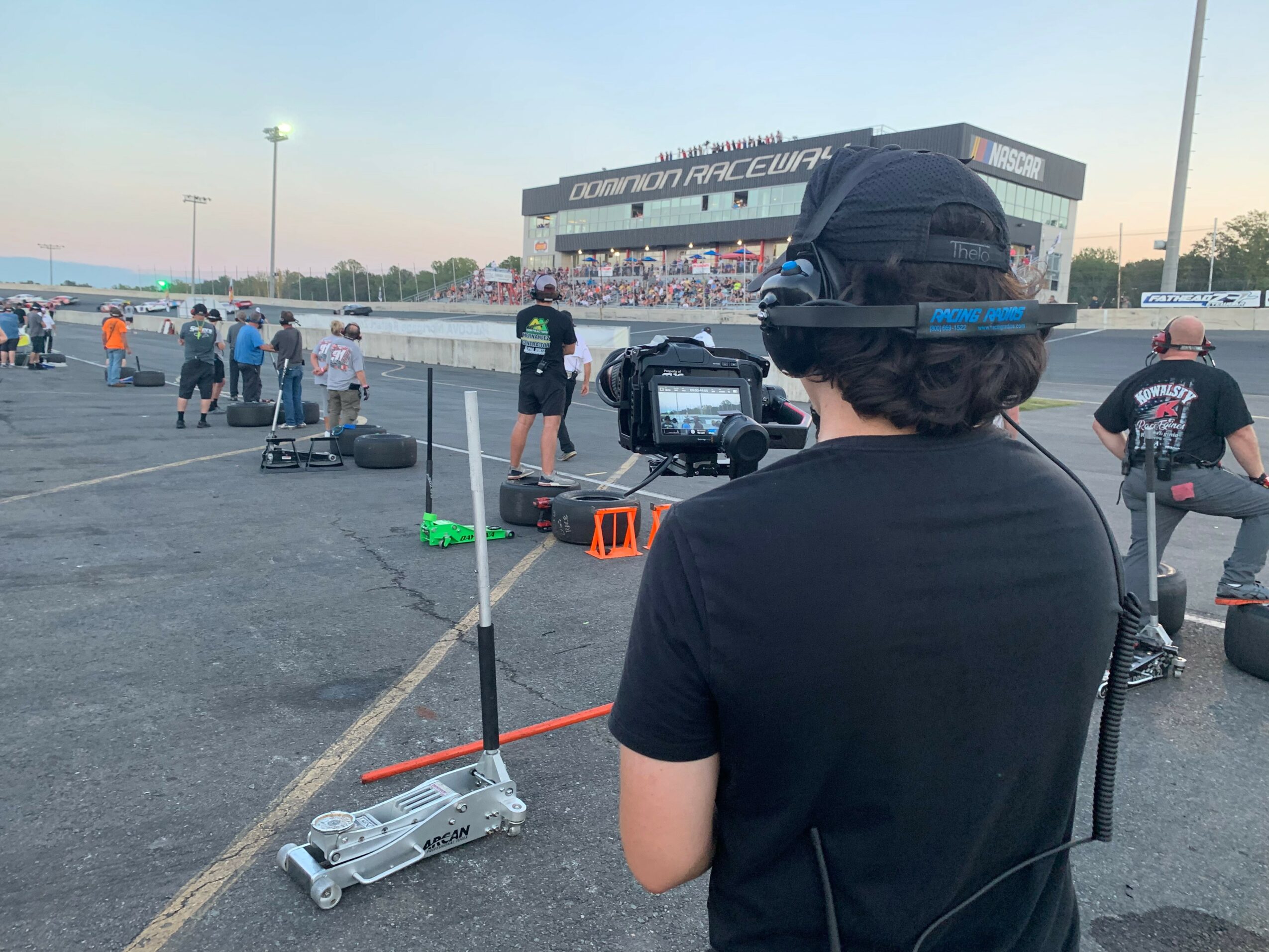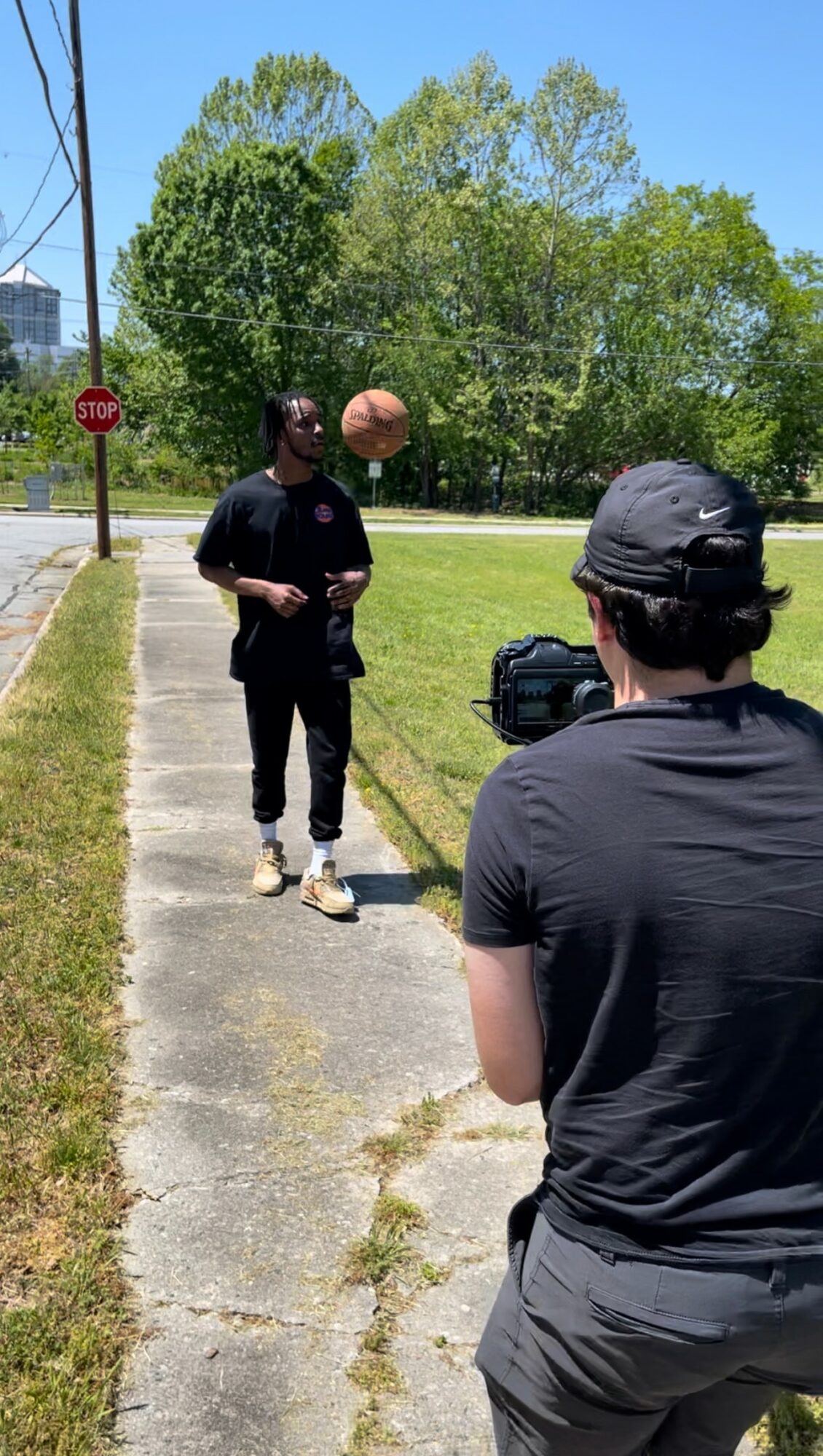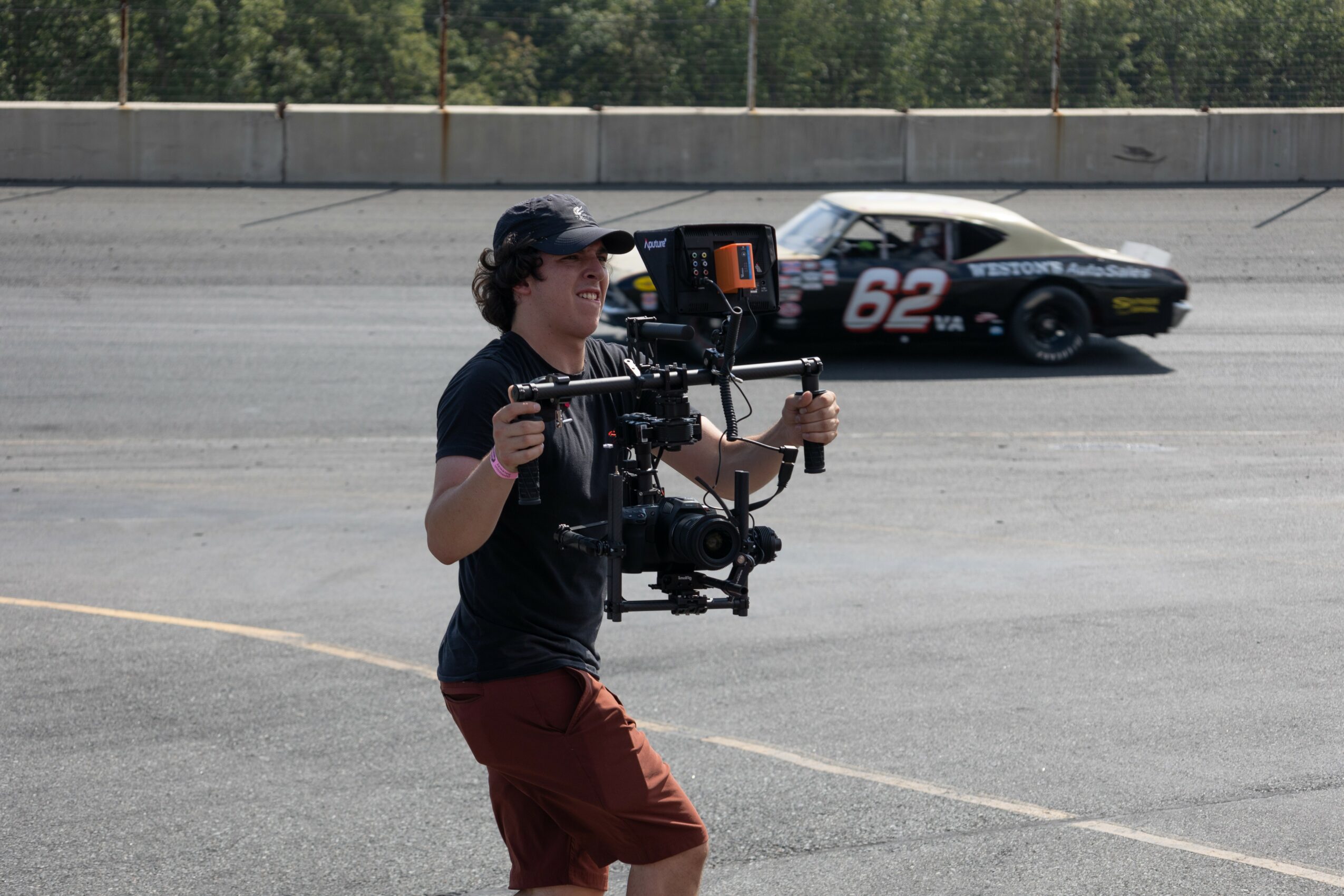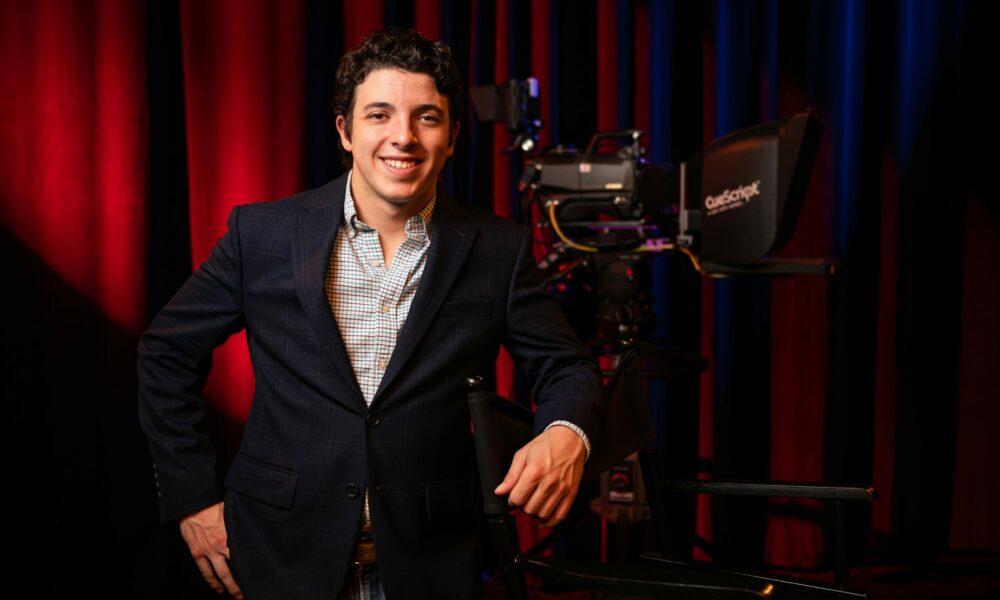

Today we’d like to introduce you to Colton Zenni.
Hi Colton, we’re thrilled to have a chance to learn your story today. So, before we get into specifics, maybe you can briefly walk us through how you got to where you are today.
Ever since I was old enough to hold a camera, I’ve been making videos. At the age of 8, 9, and 10, I can remember running out with my mother’s Panasonic camcorder (you know, the ones that recorded little tapes), shooting short films and struggling to edit them together. When my folks got a digital camera, I was in heaven. I could finally easily drop footage into the most powerful NLE at my disposal at the time… iMovie. I would enlist all my friends to act, and serve as camera operators, grips, directors of photography, etc. From a young age, I knew that video creation was my passion and that a career in any other field simply would not do.
This perception was reinforced throughout my high school years. I took basic video production classes where I excelled and began to turn my attention to the future. I went on to attend High Point University in North Carolina, majoring in Media Production and Popular Culture, where I began to consider how exactly I might begin to focus my growing skillset and carve out a niche for myself in the video production industry.
Then, as I was wrapping up my Junior year… the COVID-19 pandemic struck. Killing any opportunity to gain in-person, on-set/location experience, I knew I had to work to turn this heavy blow into a strong opportunity. As my senior year rolled around, I began work on my Senior Capstone Project. I knew I wanted to write, produce, shoot, and edit a documentary that highlighted an important issue that we were facing at the time. Then, I turned my attention to another passion of mine, music. More specifically, live music. So I produced a ~25 min documentary examining the impact that the COVID pandemic was having on the live music industry through the experiences and accounts of multiple professionals throughout various areas of the industry.
Sure, it’s fun to throw together flashy videos and passion projects, but what would I focus on to make a living and also feed my soul? Over the course of producing my documentary, it became clear. I would focus my career on using my abilities as a creator and storyteller to generate positive impacts through the production of powerful media content. I focus on working with folks who have a powerful message, gift, or struggle, who otherwise would not have a platform to share their story.
Today, I work with a variety of music artists, non-profit organizations, and businesses that need to communicate their message. Great up-and-coming musicians deserve great media content to brand themselves and their art, fantastic non-profits need powerful media content to give their messages a platform, and businesses need creative, original content to market themselves. I provide media content, concentrating on video, that helps people and organizations create positive impacts in the communities they serve.
We all face challenges, but looking back would you describe it as a relatively smooth road?
It has certainly not all been smooth sailing. First, and most commonly, there is widespread doubt that anyone can have a true career in media production if they aren’t working in Hollywood. I remember the looks I would get (and still get today) from folks in the business, law, accounting, medicine, engineering, etc when I told/tell them that my career is in video production. It doesn’t all happen in Hollywood!
Another big challenge was trying to get my bearings as a fresh post-grad in a still COVID-riddled world. Very, very few production companies were even offering interviews, let alone hiring folks fresh out of school. While I had a solid portfolio, it was still pretty slim. Immediately, it became clear that if I wanted to work, I’d need a much bigger and more extensive portfolio. To do this, I would need to establish and build my own client base. No doubt, this took a ton of legwork. I remember landing my first client, a local DJ. I was so excited to work and get paid. It was just enough to get the ball rolling and my foot in the door. I really worked hard on branding myself and growing my network. I printed out business cards and would hang around local venues looking for artists or promoters to give a card to. Eventually, I established myself enough to land a number of fantastic clients who have me on retainer and refer me to others consistently.
Thirdly, and obviously, video production equipment is not cheap. It’s easy to compare yourself to bigger production houses or big-time freelancers who can buy all the newest and nicest gear, and comparison is truly the thief of joy here. I had to come to grips with the fact that the gear I own does not define the quality of work I am able to produce.
As I focused on this more, the idea of creating the absolute best content possible given my gear at hand, my skills, as well as feelings of accomplishment, increased.
Alright, so let’s switch gears a bit and talk business. What should we know about your work?
I am a commercial videographer, drone pilot, editor, and director. I serve a variety of clients, music artists, non-profits, and businesses, primarily in Knoxville, Nashville, and Charlotte. I specialize in video content with a snappy retro, vintage, or nostalgic feel. I love emulating 35mm and Super 8mm film effects in my work; I feel that looks like these are particularly interesting and impactful to viewers. My thought is that these looks evoke a familiar, warm, and comforting feel of a bygone time.
Though I work with a wide range of clients, I would say that I am best known currently for live music coverage and recaps. I have a base of musicians, DJs, venues, and promoters across the southeast whom I love and work with consistently.
What sets me apart from others is valuing the client’s message and vision above all else. If I cannot encapsulate the client’s vision, I have failed the mission. I always consult with clients, even in preparation for very brief and simple shoots. I think it’s so important to understand who the client is, what’s their message, and who their intended audience is before starting anything. I aim to deliver an honest, resonant, and impactful product.
Before we let you go, we’ve got to ask if you have any advice for those who are just starting out.
The best advice I can give to a fledgling creator, whether they want to focus on video, photo, animation, graphic design, etc, is simply to get out and do it. Do not focus on what you don’t have. Focus on your talents and what you can do! If you have a smartphone with a camera, you have all you need to start creating content. It can even be a fun and very useful challenge to force yourself to create quality content with a limited set of tools/gear. If you can create fantastic material with just your phone, imagine what you could do with more substantial equipment!
Another piece of advice I would give (and which I knew as I began) is never to be afraid to make a connection. Let people know what you do and how you can help them with your services. Take inventory of problems you might see that you could try to solve with media content. Who has a message they’re struggling to communicate? Do you have any friends who are performers? Do you know a local non-profit that could use some media material? Reach out to these people and offer your services! When you’re just starting out, portfolio building is everything.
However, as you build out a portfolio and create a paying client base, don’t sell yourself short! It’s easy to get nervous when you send in a quote that might be higher than what you’ve charged in the past. “Am I worth it?” “Will they be turned off by my offer?” “What if they go with someone else?” If you’re looking to make a career in this field, you need to get paid. Think of a sign that advertises $1 oysters, would you get them? Probably not – you know you get what you pay for, and at $1 an oyster, you’re likely to get sick. The same holds true with building and quoting your rates, you don’t want to over-quote, but don’t give the impression that you’re the $1 oyster. If your services are top-notch and your portfolio reflects it, you should be compensated as such.
Pricing:
- Half-Day Video Shoot – $450
- Full-Day Video Shoot – $800
- Edit – Hourly, Project Based
- Drone Work – Project Based
- Concert Package – Set-Length Based
Contact Info:
- Website: zenniproductions.com
- Instagram: @zenniproductions


